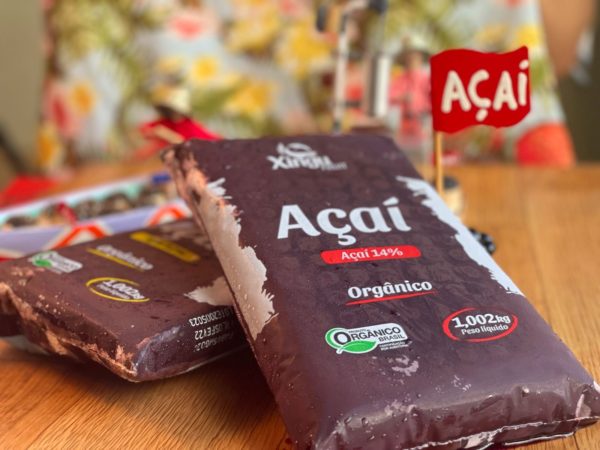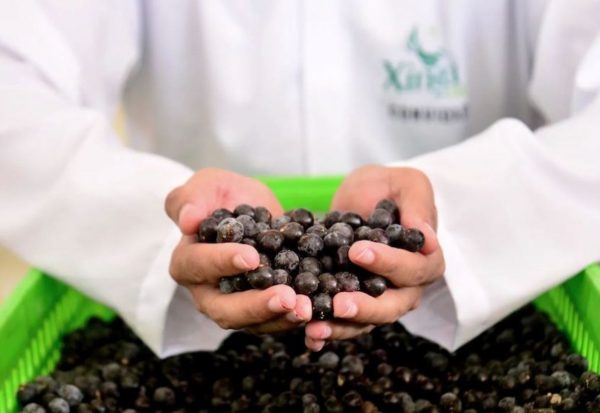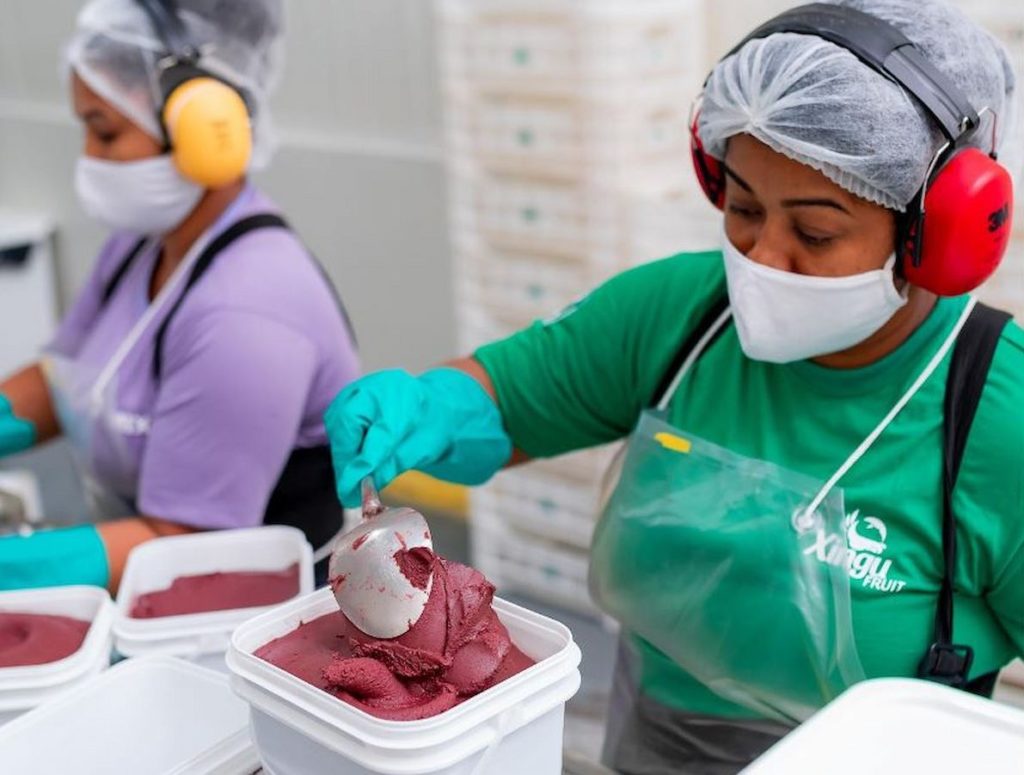São Paulo – In 2017, Xingu Fruit, a company based in the Amazonian city of Castanhal, Pará, started buying açaí from cooperatives and riverside associations and processing the fruit into products to sell in Brazil and abroad. The first export took place within the first year after the foundation and went to the United States. Now selling to almost all Brazilian states, the brand exports several products to 16 nations, including the United Arab Emirates, Australia, France, Germany, Spain, Belgium, Ecuador, and Chile.

Xingu is also negotiating to supply the markets of Qatar and Saudi Arabia. “It really is a growing market. The Arabs are looking for the product because it is healthy, gluten-free, and vegan. Although it is a little more expensive, that is not an issue because the public can buy it,” said Suany Gomes, export manager at Xingu Fruit.

In the UAE, the Brazilians who live in the country spread the word about Xingu Fruit’s açaí to new consumers. Among the buyers is Marcio Saboya, founder and CEO of The Açaí Spot, a franchise specializing in the Amazonian berry. “It has been a good partnership with Xingu. They manage to sell in large quantities, and the brand representatives respond quickly to any arising issues,” explained Saboya.
Açaí exported to the UAE increased from 19 tonnes in 2020 to around 100 tonnes in 2022. Projections for 2023 are to increase sales to the Arab country by 50% compared to last year.

In addition to the company’s flagship, which is açaí pulp frozen in cubes, pulps of other frozen fruits are also sold, such as acerola, cupuaçu, pitaya, passion fruit, guava, and soursop; and sorbet, a cream without added milk made with açaí mixed with banana, guarana, or strawberry. The sorbet is sold to retailers in two types of packaging; 220-gram and 420-gram. Xingu also exports organic açaí with guarana and its food service line, the latter offered in two formats: 180-kilogram drums and 18-kilogram buckets.
From August to December, riverside families harvest açaí. They also care for and clean the planting area to keep the space ready for crops.
The Brazilian resells Xingu Fruit’s products

Living in Dubai since 2008, Marcio Saboya created his own business to sell açaí in the city in 2015. Before becoming a businessman, the Brazilian worked as a flight attendant for Emirates Airlines. The initial investment was USD 250,000.
Currently, he buys Xingu Fruit’s products and sells them in eight stores in Dubai and two in Hungary. The businessman also distributes the products to 200 clients in Kuwait, Bahrain, Iraq, and Hungary. There are plans to reach Egypt, India, and Mauritius soon.
“Before the pandemic, we already had a plan to start distributing, in addition to being a franchisor. In January 2021, we started distributing the products, and today we have an operation with 11 employees,” said Saboya.

“Açaí is still not as well known there as it is in Brazil, but I believe it is a business with a great prospect in the Arab market. It is common to see two or three brands of açaí in the supermarkets, indicating growth for us and our competitors.”
As they are nations with a less rigorous winter, products from Brazil are sold throughout the whole year in Arab countries. In Dubai, consumers come from different nationalities, and 65% of the public comprises women between 23 and 45 years old. They come from the upper classes and have a profile who like to eat healthily and practice physical activities.
The average spending at the store ranges between USD 8 and USD 20. “Last year, we bought 120 tonnes of açaí-based products from Xingu’s sorbet and food service lines. This year we want to reach 200 tonnes.”
Special report by Rebecca Vettore for ANBA.
Translated by Elúsio Brasileiro




